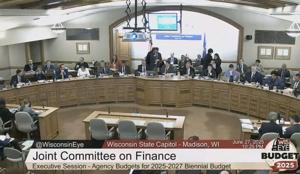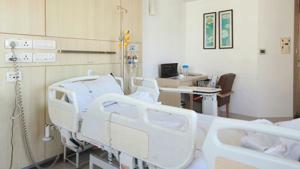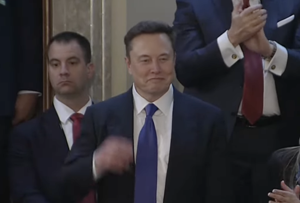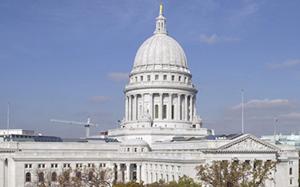(The Center Square) – Wisconsin leaders reached a budget compromise agreement that includes $1.4 billion increase in funding for K-12 schools, $330 million for child care and a $256 million increase for the University of Wisconsin system, Gov. Tony Evers said in a Tuesday morning press release.
The state’s Joint Finance Committee is scheduled to meet at 9 a.m. on Tuesday before the full Legislature is expected to meet on Wednesday, when they could approve the budget and pass it on to Evers.
“What was at stake is no secret – Republican lawmakers had long indicated this budget would not invest in child care providers, would provide no new increases for our K-12 schools, and would cut nearly $90 million from our UW System,” Evers said in a statement. “But I never stopped believing we could work together to reach consensus and pass a bipartisan budget, and I’m proud of the months of work that went into getting to where we are today.”
Evers said the budget also includes individual income tax cuts proposed by Republican leaders that will reduce state income tax collections by more than $600 million each year.
That includes expanding Wisconsin’s second income tax bracket of 4.4% for all filers and exempting the first $24,000 of retirement income for those who are at least 67 before the end of a tax year with a maximum exemption of $48,000 for married couples.
That retirement income tax cut was projected to reduce state tax collections by $395 million in 2025-26 and $300 million in 2026-27.
The cut is expected to reduce taxes on approximately 280,000 Wisconsin filers by an average of about $1,000 per filer.
The Republican-proposed income tax cut would apply to the majority of Wisconsin tax filers in different ways as the amount of income taxed at 4.4% compared to the next tax bracket of 5.3% increases.
For married couples, that will move the cap on 4.4% from $39,150 to $67,300 while for single filers the line moves from $29,370 to $50,480.
Evers said it will impact 1.6 million Wisconsin residents with an average tax cut of $180.
Evers said the agreement was reached with Assembly Speaker Robin Vos, R-Rochester, Majority Leader Devin LeMahieu, R-Oostburg, and Democratic Leader Dianne Hesselbein, D-Middleton.
The agreement does not mean that the full Legislature is obligated to pass the agreed-upon details.
The biennial budget includes $110 million in direct payments to child care providers along with $66 million for a new Kids Ready program to support child care providers serving 4-year-olds, according to Evers.
It also includes $123 million to increase rates under the Wisconsin Shares Child Care Subsidy Program and $28.6 million for a pilot program to help support expanding capacity across Wisconsin’s child care industry.
Evers said the agreement includes a $1.4 billion increase in overall spendable funding for K-12 schools through net categorical aid along with an increase in special education reimbursement rate to 42% in the first year of the budget and 45% in the second year.
“The people of Wisconsin expect their leaders to show up, work hard, and operate in good faith to get good things done,” Evers said. “We’ve shown we’ve been able to get good things done for Wisconsin when people put politics aside and decide to work together to do the right thing.”
The budget also includes $30 million for school-based mental health services.
The budget includes an increase of over $256 million for the UW System over the next two years including $100 million to support UW System campuses statewide, $94 million to increase staff wages and $54 million to help retain and recruit faculty and staff in high-demand fields of study.
The increase comes despite a recent audit showing the UW System has seen an increase in staff and salaries over the past 10 years while student enrollment has dropped by 16,000.
The plan also includes over $840 million to support capital building projects on UW campuses.
Evers said that his proposal to eliminate the sales tax on household utility bills is also in the budget, saving Wisconsin households over $178 million in taxes.
The budget also includes $5 million annually to re-start a Wisconsin film tax credit program, which was previously proposed to be capped at $10 million annually.
















